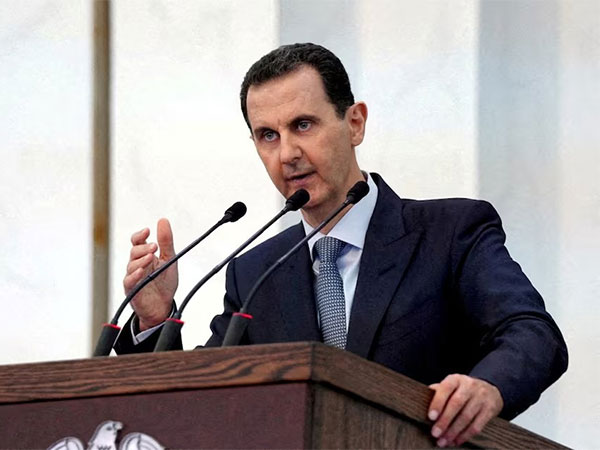Syria's New Dawn: Rebel Victory and Transition Unfolds
The rapid overthrow of President Bashar al-Assad raises uncertainties as Syria embarks on a governmental transition led by rebel groups. Regional tensions simmer, including Israeli advances, while international parties cautiously observe developments. Questions about future leadership and stability loom large in the war-torn nation.

The swift overthrow of President Bashar al-Assad has left Syrian citizens, regional neighbors, and global powers in a state of anxious speculation. The rebel alliance took critical steps towards a government transition after ousting Assad, whose 13-year rule was marked by a long-standing civil conflict.
Following Assad's unexpected departure to Moscow, the mood in Damascus shifted to one of cautious optimism. Assad's Prime Minister Mohammed Jalali agreed to transfer power to the rebel-controlled Salvation Government, signaling a significant shift in political dynamics amid ongoing uncertainties about Syria's future.
Israeli military actions in southern Syria have intensified regional tensions, drawing condemnation from several neighboring countries. These developments come as international entities, like the U.N. and the U.S., seek strategic engagement with new leadership to stabilize the fractured nation's landscape.
(With inputs from agencies.)
ALSO READ
Diplomatic Dialogue: Trump and al-Sisi Discuss Middle East Challenges
Pentagon Bolsters Forces in Middle East Amid Rising Tensions
Lebanon: UN expresses deep concern over latest Israeli airstrikes, in call for restraint
Escalating Tensions: U.S. Military Reinforces Presence in Middle East Amid Iran Threats
U.S. Reinforces Military Presence: B-2 Bombers Deployed Amid Middle East Tensions










